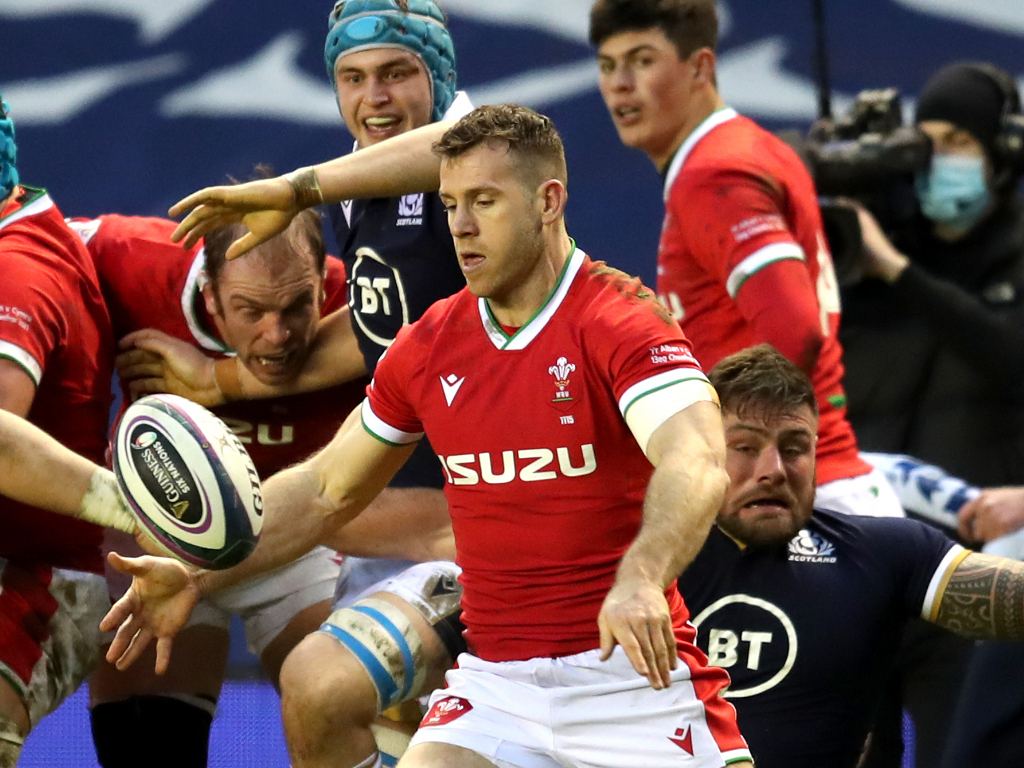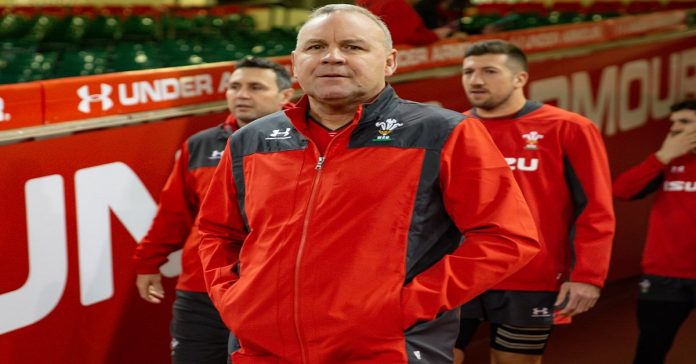Wales rugby is currently floating between two eras. We look back and see the Gatland era. This was a period characterised by industrious, tough-as-nails forwards, the introduction of physically imposing, powerful backs, watertight, unwavering goal-line defence and, most importantly, a great deal of success. We look forward to the Pivac era (for now). Another southern hemisphere coach that has an entirely different approach to the game. Pivac coached the Llanelli Scarlets to success by playing an expansive style of rugby, throwing the ball around and playing an attractive brand of rugby. Is it a coaching personnel issue? Is it an issue of tactical choice? Let’s break it down.

Is Wales’ Problem a Tactical One?
As a Wales rugby fan, I am, obviously, frustrated with the lacklustre performances of the Welsh national team since Gatland’s departure. The immediate reaction of many, including myself, was to scrutinise the coaching. Is Pivac a bad coach? As much as many fans may tempted to say yes at the moment, his record with the Scarlets provides evidence to illustrate otherwise. He also had success in his previous role coaching the Fijian national team at both the union and rugby sevens level. This isn’t even mentioning his tenure with Auckland at the turn of the century. This is enough to tell me that Pivac isn’t an inherently bad coach.
Pivac has been keen to get Wales to play his expansive brand of rugby, a far cry from the rugby Gatland grew and nurtured over his twelve-year reign. Wales spent much of this time primarily playing off nine, meaning that the scrum half was the conduit for most attacks. Under Pivac, Wales have thus far demonstrated a much more varied style of play, sometimes playing off nine and sometimes playing off ten. There’s nothing inherently wrong with this. However, there are two issues that I feel must be addressed in order to progress in this direction.
Firstly, it’s difficult to play a free flowing, attractive rugby with as little possession as Wales have generally had during Pivac’s tenure. Wales weren’t ever a possession heavy team under Gatland. However, take Wales’ two most recent Six Nations games as an example, even playing a large proportion of both games with a man advantage, Wales have averaged just 37% possession in each game, largely conceding the majority of territory for good measure.
It’s not as if Wales are playing a similar style of rugby to England either, allowing the other team possession by kicking out of hand and pressuring them with intense rush defence in their own territory. Wales have largely abandoned the pick and go game so effectively employed in previous years and, thus, appear to have lost the ability to grind out possessions and simply make metres.

Wales’ Selection Issues
Secondly, I do feel that there is an issue with selection. If Pivac wishes to play more off of ten as his play would indicate, I feel that his continuous selection of Dan Biggar does not lend itself well to this choice of tactic. There are two more creative, dynamic tens on offer, in the form of Callum Sheedy and Jarrod Evans, that would be much more compatible with this line of thinking.
Pivac’s stubborn persistence with the George North lining up at outside centre experiment is difficult to justify at this point. North lacks the awareness of technical skill in order to play test rugby at outside centre in the manner that Pivac demands. These are trees amongst a forest of underperformers in the past year’s fixtures and this must be addressed if the team is to move forward against stronger opposition such as England and France.
Ultimately, the question remains of whether Gatland’s players have the capacity to play Pivac’s expansive rugby. A squad refined to a sharp and efficient knife edge to play a very specific brand of rugby extremely well. This does not automatically mean that they have the capacity to play different styles with the same aplomb.
What do you think? Is Pivac the man for the Wales rugby job? Let us know in the comments below and maybe even tell us the direction you’d take Wales rugby in the not too distant future.
Like this content? Check out other rugby union content on thesportsdespatch.com here: https://thesportsdespatch.com/rugby-union-team-of-the-year-the-tight-5

